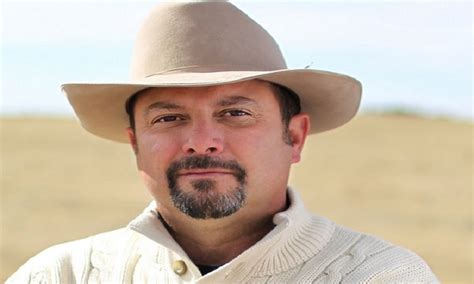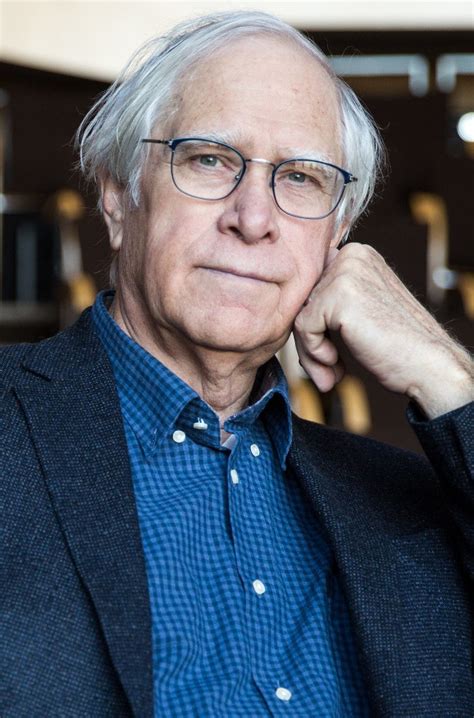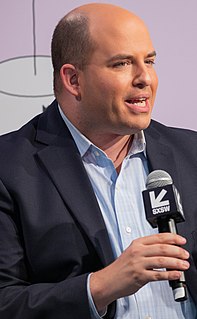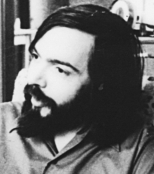A Quote by Graham Greene
A petty reason perhaps why novelists more and more try to keep a distance from journalists is that novelists are trying to write the truth and journalists are trying to write fiction.
Related Quotes
I think that all journalists, specifically print journalists, have a responsibility to educate the public. When you handle a culture's intellectual property, like journalists do, you have a responsibility not to tear it down, but to raise it up. The depiction of rap and of hip-hop culture in the media is one that needs more of a responsible approach from journalists. We need more 30-year-old journalists. We need more journalists who have children, who have families and wives or husbands, those kinds of journalists. And then you'll get a different depiction of hip-hop and rap music.
Journalists in newspapers and in many magazines are not permitted to be subjective and tell their readers what they think. Journalists have got to follow a very strict formulaic line, and here we come, these non-fiction writers, these former journalists who are using all the techniques that journalists are pretty much not allowed to use.
I used to see a lot of cocaine. There were journalists who used cocaine and didn't write about it and I didn't write about it. I would never do drugs, so I would always get the same response from people: "Smart kid, more for me." Whether it was a joke or sincere or both, but I was just happy not to be in there partying with the band like some of these other journalists.
Many journalists now are no more than channelers and echoers of what Orwell called the official truth. They simply cipher and transmit lies. It really grieves me that so many of my fellow journalists can be so manipulated that they become really what the French describe as functionaires, functionaries, not journalists.
I think that all journalists, specifically print journalists, have a responsibility to educate the public. When you handle a culture's intellectual property, like journalists do, you have a responsibility not to tear it down, but to raise it up. The depiction of rap and of hip-hop culture in the media, I think, is one that needs more of a responsible approach from journalists.
We're definitely in an era where the government wants to keep more secrets and it wants to come after anyone who's exposing those secrets and in many cases exposing government illegality. They're coming after the journalists and they're coming after the whistleblowers. It's not a good sign if the government is expending much energy trying to find out who journalists are talking to.






































